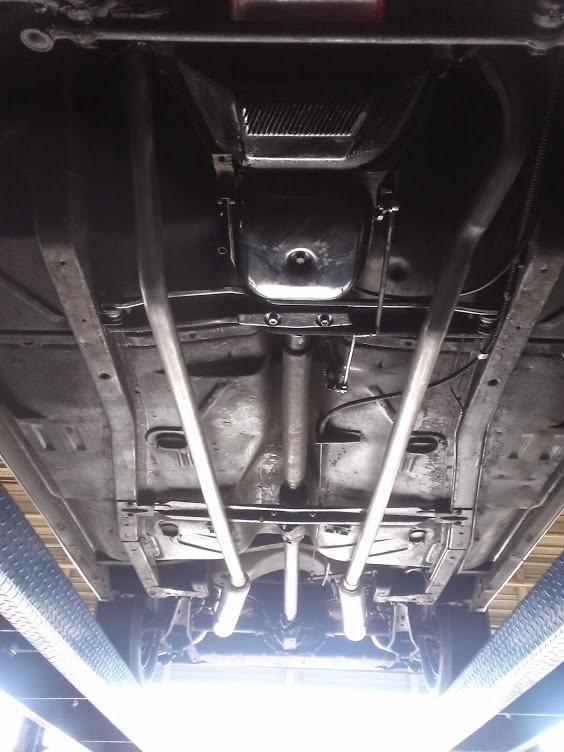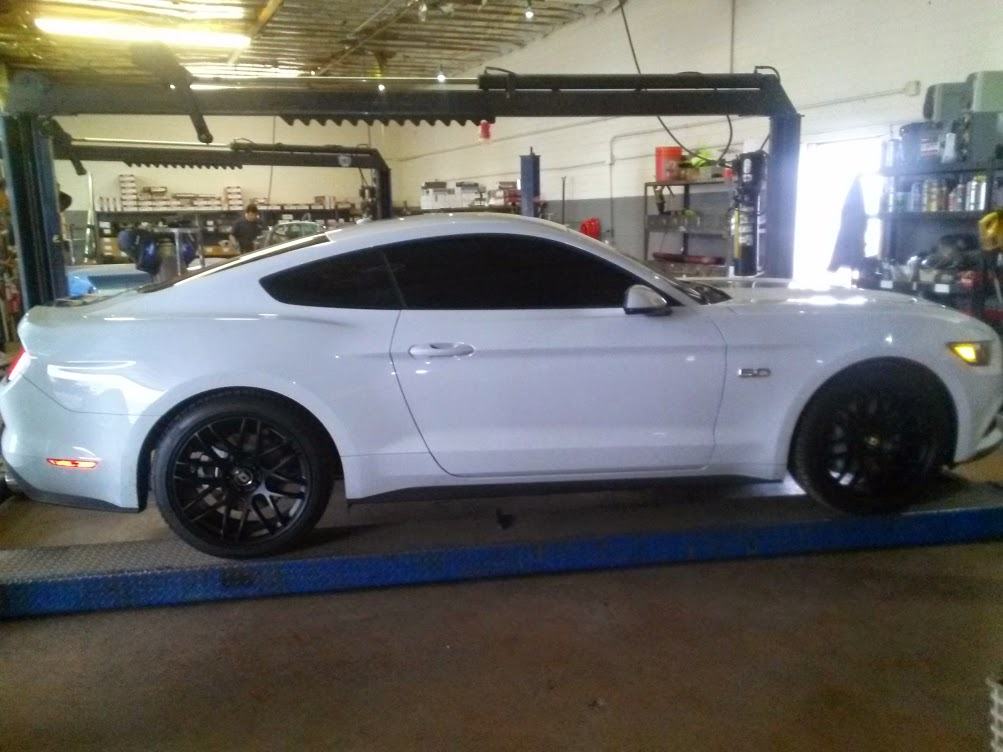The Most Expensive Scottsdale Car Repairs and How to Prevent Them!

The Most Expensive Scottsdale Car Repairs and How to Prevent Them!
From brand new cars to classics and antiques, car repair trouble plagues us all at one time or another. That’s right, even brand new Scottsdale cars aren’t always free of problems, although as vehicles age they become more prone to woes.
Any Scottsdale mechanic will tell you that keeping up with routine maintenance, such as changing the oil, checking fluid levels and rotating tires can help to avoid many more serious problems. The average cost of simple maintenance and repairs breaks down to about $80 a month. Not bad for the convenience of having a safe car available to you at all times.
If maintenance is ignored your car may break down, require Scottsdale car repair or become unsafe. Many accidents are caused by neglected vehicle maintenance. Often people don’t realize that safety is a factor when overlooking car maintenance.
In the long run car maintenance has been proven to save money by heading off major car repairs. If you drive an older vehicle that requires major car repair, these repair costs may surpass the value of your vehicle. Insurers consider a vehicle to be a total loss if the repair costs equal the cash value of the vehicle.
Not every major repair is that costly, but many major repairs can run into thousands of dollars. The good news is that routine maintenance may help to avoid some of the costliest repairs such as:
Air Conditioning
Your vehicle’ s air conditioning unit is designed to move heat from inside the cab of your car to the outdoors. The compressor is the most expensive part of your vehicle’ s air conditioning system. It compresses and circulates the refrigerant in the cooling system. The refrigerant carries the heat from inside your car to the outside.
An air compressor can fail due to problems with numerous parts. Repair costs will vary, depending on the cause of the problem and the cost of your mechanic.
There isn’t much vehicle air conditioning maintenance that should be performed by the owner since the coolant involved requires that a mechanic be licensed to handle it. What you can do is run the air conditioner for a few minutes every few weeks even during cool weather. This helps the pumps, valves and hoses stay lubricated. You should also have the air conditioning system serviced by your mechanic as often as recommended in the owner’s manual.
Bad Head Gasket
A bad head gasket is very bad news. The head gasket is vital to the function of the engine. It rests between the cylinder head and engine block, sealing the combustion process inside the engine. Without the head gasket the air and gasses that are ignited inside the cylinder would leak out, instead of igniting properly. In addition, the head gasket seals the engines cylinders, thereby preventing the oil and coolant from mixing.
The good news is that a blown head gasket is often preventable. A bad head gasket seldom happens from normal wear and tear. The most common reason a head gasket goes bad is engine overheating. If an engine overheats the head and the block can expand until they damage the head gasket. So the best way to prevent a blown head gasket is to maintain your cars cooling system. Check your coolant regularly and watch for leaky hoses.
Timing problems can also lead to a bad head gasket. Pre-ignition or detonation can damage the pistons, valves and head gasket. Maintain a well tuned, properly timed engine to prevent head gasket damage.
Replacing the head gasket is a major repair. The gasket itself isn’t nearly as expensive as the labor involved to get to it and replace it, so if your car does overheat it’s imperative that you pull over and shut it off immediately to help avoid serious damage.
Transmission Failure
Automatic transmission failure can occur due to extreme stress, such as shifting back and forth repeatedly while trying to get your vehicle unstuck, but by far the most common cause of automatic transmission failure is due to the transmission fluid.
The correct level and weight of transmission fluid are necessary for your transmission to function at peak levels. If your transmission fluid level gets too low, it reduces the fluid force that’s necessary for the transmission to function and can lead to transmission failure.
If your transmission fluid smells hot or burnt it means that your transmission is overheating. Transmission fluid doesn’t just lubricate the transmission parts; it also acts as a coolant. If your transmission fluid level is too low, not the proper viscosity, or extremely dirty you may be in danger of burning up your transmission.
Transmission fluid doesn’t need to be changed as often as many other fluids in your vehicle, but you should have it changed as often as your owner’s manual recommends. The transmission fluid level should also be checked when you check the other fluid levels, such as oil and coolant.
Maintaining your transmission is infinitely less costly than having a mechanic rebuild or replace your transmission.
Engine Failure
Engine failure can occur for numerous reasons. A bad engine can be defined as one that has suffered massive internal damage and will require considerable repair or replacement. Problems can occur inside the cylinder such as a damaged valves or a bent or broken rod. Many of the more common causes of engine failure can be traced back to improperly maintained oil or coolant. Allowing a vehicle to get too low on oil can damage numerous parts since oil lubricates every part of the engine, and driving without oil will cause the engine to seize up. If the vehicle is too low on coolant overheating will result which will cause the head and the block to expand and can actually crack the block.
These type of repairs or the need to replace an engine are among the costliest. If the vehicle has over 150,000 miles, it’s wise to stop and consider your options. Even if you purchase a new engine, your transmission, air conditioning, power steering and electrical system will all still have 150,000 miles. In addition, you should consider your car’s actual value since you don’t want repair costs to exceed the value.
When hiring a mechanic, whether for routine maintenance or for car repair, you’ll want to find a certified mechanic. At Scottsdale Muffler & Automotive all of our Scottsdale automotive mechanics are trained and certified. They will make sure that the job is done right the first time, and they won’t begin a job before explaining what needs to be done and how much it will cost. We pride ourselves on being the car repair shop you can trust. Contact us today to learn more.

Published By: Chris McCurdy
Scottsdale Muffler & Automotive
1710 E Curry Rd Tempe, AZ 85281
Office: 480-994-4741
Website: https://scottsdalemuffler.com
Office Hours:
Monday: 8:00 a.m. - 5:00 p.m.
Tuesday: 8:00 a.m. - 5:00 p.m.
Wednesday: 8:00 a.m. - 5:00 p.m.
Thursday: 8:00 a.m. - 5:00 p.m.
Friday: 8:00 a.m. - 5:00 p.m.
Posted: January 14, 2016





